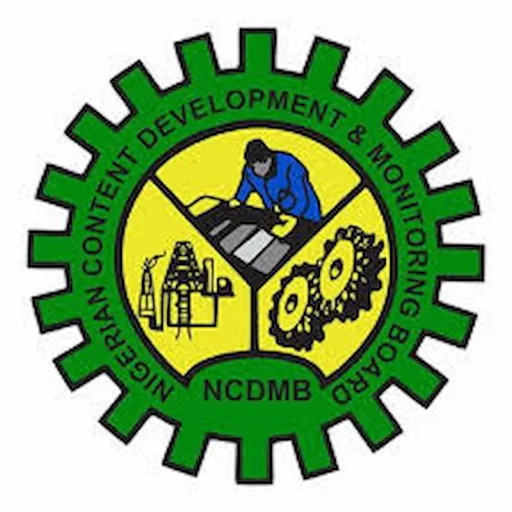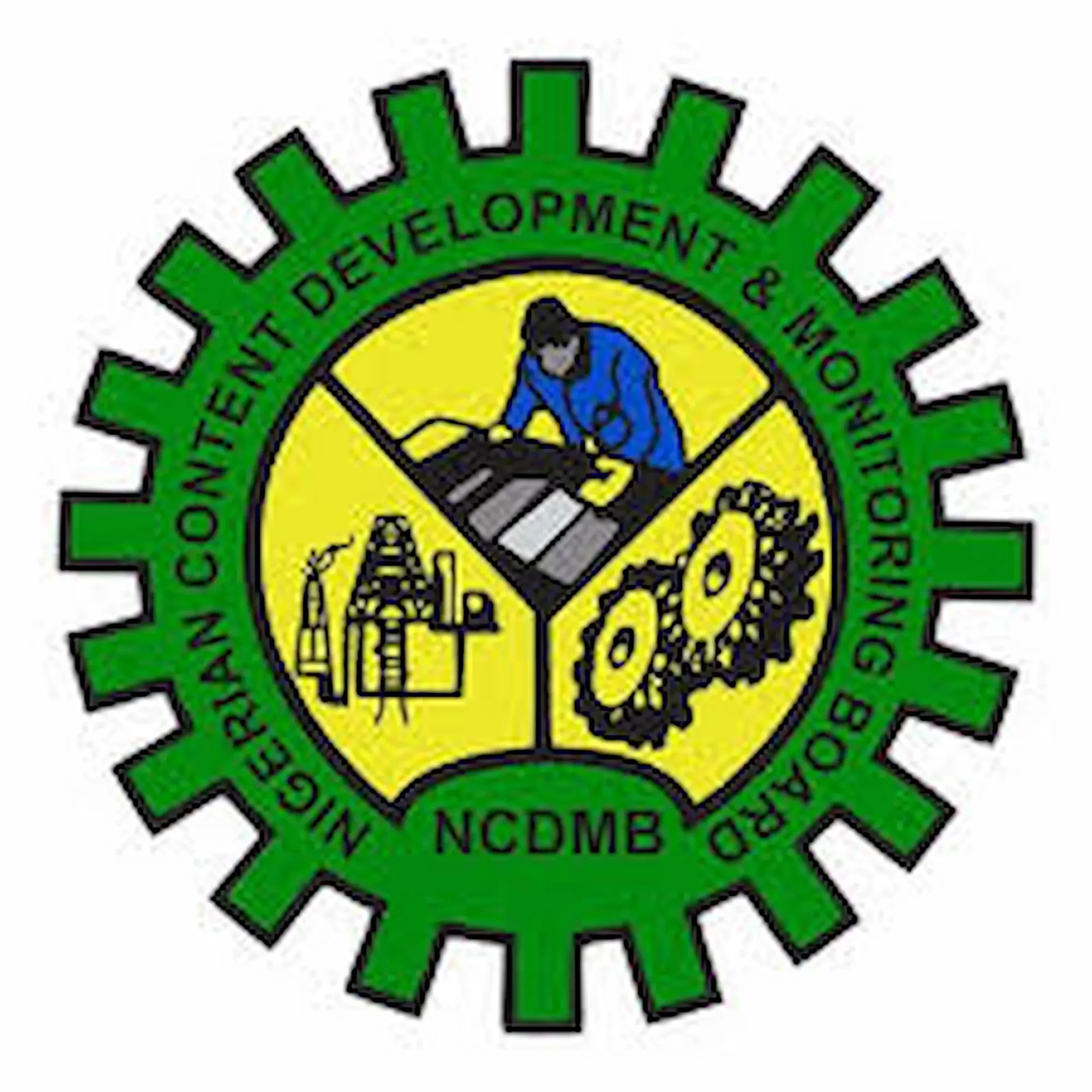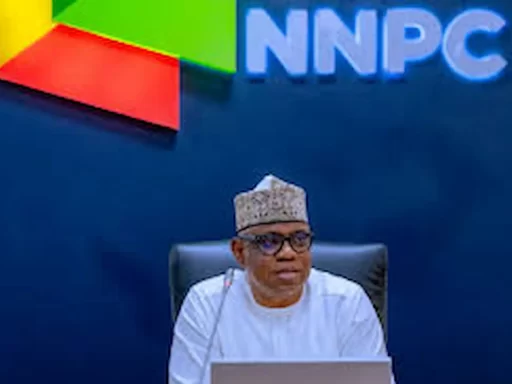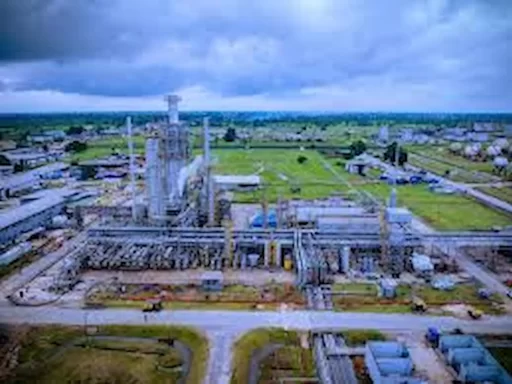Local Content Policies Not Responsible for Delayed FIDs in Oil Sector – Nwapa
By Naija Enquirer Staff
Yenagoa — The pioneer Executive Secretary of the Nigerian Content Development and Monitoring Board (NCDMB), Dr. Ernest Nwapa, has dismissed claims that Nigeria’s local content policies are responsible for the delay in Final Investment Decisions (FIDs) in the oil and gas sector.
Speaking at the Nigerian Content Academy Lecture Series in Yenagoa, themed “Staying the Nigerian Content Course in the Midst of Delivery Challenges,” Dr. Nwapa said there are “many other government policies” affecting FIDs, not the local content framework.
He noted that the industry currently operates in an increasingly complex global environment shaped by shifting investment patterns, energy transition pressures, and the demand for greater local participation and value creation.
Calls for Clarity in Presidential Directives
Dr. Nwapa, who also served as Group General Manager of the Nigerian Content Division of NNPC from 2005 to 2010, drew attention to what he described as “unintended ambiguities” in the Presidential Directives on Local Content introduced in February 2024. He warned that these ambiguities could create systemic challenges unless promptly addressed by stakeholders.
“We must re-enact institutional authority in the NCDMB directives. When the Board writes a letter and says this is what stands on Nigerian Content, nobody should question it,”
— Dr. Ernest Nwapa
He decried the growing disregard for the Board’s authority among some industry players, describing it as unhealthy for policy enforcement and national economic goals.
Tracing the Roots of Nigerian Content Development
Dr. Nwapa highlighted that the drive for local participation in Nigeria’s oil and gas industry has been a long-standing national aspiration, dating back to statutes such as the Petroleum Act of 1969, the Joint Venture (JV) agreements, the Petroleum Technology Development Fund (PTDF), and the Cabotage Act of 2003.
However, he maintained that the most transformative step came with the enactment of the Nigerian Oil and Gas Industry Content Development (NOGICD) Act, 2010, which institutionalized local capacity development across all levels of the industry.
Local Capacity and Cost Challenges
According to Nwapa, the local content drive has already yielded tangible results, citing the Egina FPSO Integration Yard at Tarkwa Bay, Lagos, as a model of Nigerian participation and skills transfer.
“If you look at the number of Nigerians that worked on Egina at the Integration Yard, it’s not something you can underestimate. There are serious consequences for failure of what we’ve started.”
— Dr. Ernest Nwapa
He acknowledged cost-related concerns around local content implementation but emphasized that these should be managed strategically rather than used as an excuse to undermine local participation.
“If you don’t start practising local content and getting your people involved, the cost gap will keep widening,” he warned. “We must use our local economy to drive costs to competitive levels.”
Strengthening the Role of the Nigerian Content Academy
Dr. Nwapa urged that the Nigerian Content Academy should serve as a hub for practical research, theory testing, and policy formulation that can directly inform decision-making by the NCDMB and the Presidency.
During the interactive session, Mr. Simeon Ogari of SEPLAT Energy sought clarification on the coexistence of the NOGIC Joint Qualification System (JQS) and the NIPEX JQS. Nwapa explained that while both systems currently operate in parallel, the differences are being reviewed and would be harmonized in due course.
Other participants, including Mr. Isoboye Amachree of Oando Plc, Mr. Kamselem Mohammed, and Barr. Naboth Onyesoh of the NCDMB, also contributed to discussions on regulatory alignment and industry collaboration.
The Nigerian Content Academy Lecture Series holds weekly and aims to deepen understanding of trends and challenges in the oil and gas sector while empowering Nigerians to maximize opportunities under the local content framework.







